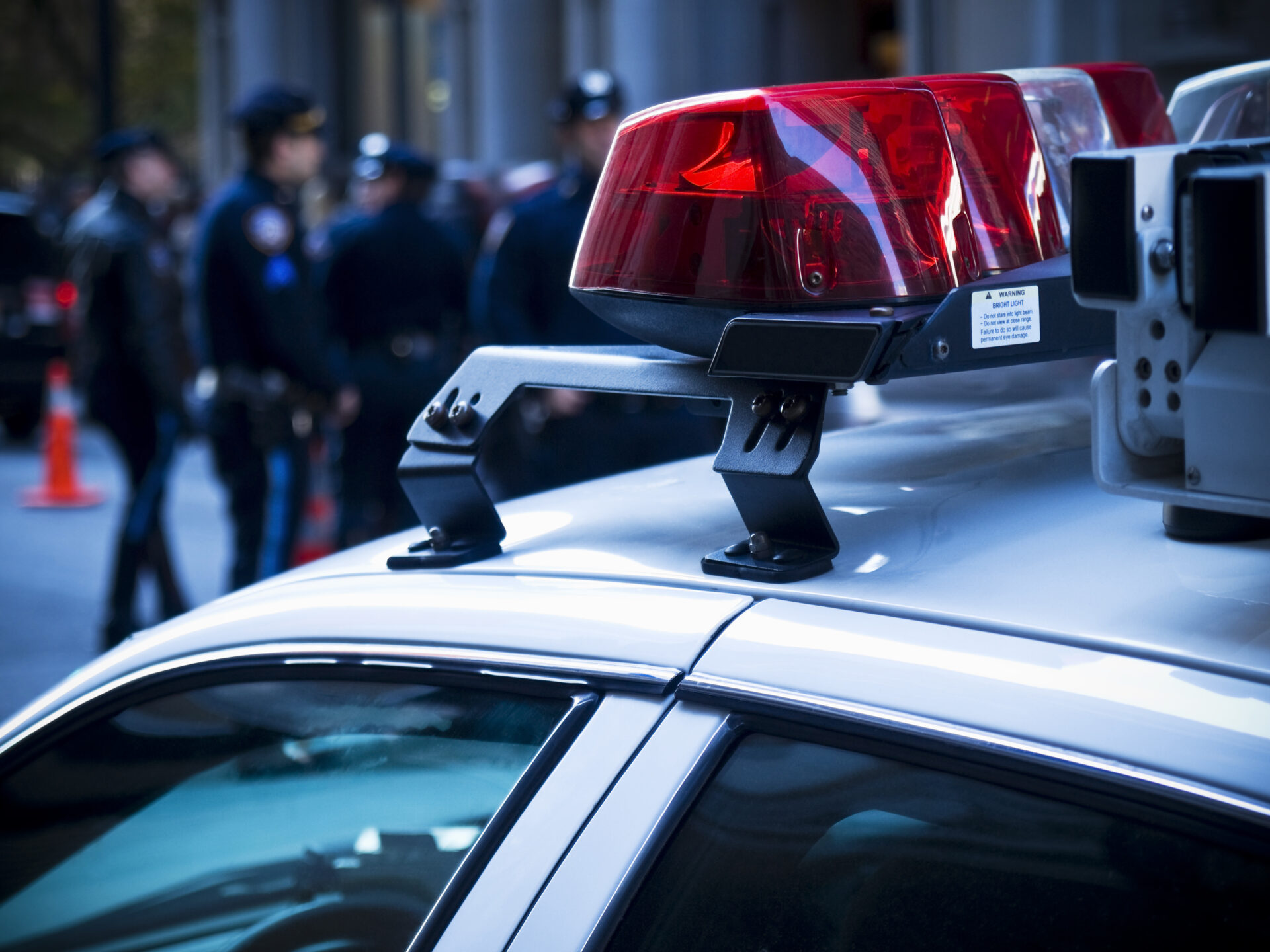Could PBS News Hour, a long-standing pillar of public broadcasting, be leaning too far to the left, sacrificing journalistic integrity in the process?
At a Glance
- PBS faces accusations of bias towards far-left Democratic challengers.
- Lack of ideological context in a recent segment criticized as promoting certain candidates.
- Three Democratic candidates were featured without clear ideological labels.
- Critical voices questioned PBS’s balance and objective reporting standards.
PBS’s Alleged Bias and Lack of Context
PBS News Hour is under fire for allegedly favoring far-left Democratic challengers, casting significant questions about the integrity of public media. Critics point out that in a segment highlighting Democratic primary challengers, ideological labels such as “left” or “progressive” were conspicuously absent. This omission has led to suspicions that the piece may have skewed towards promotion rather than presenting a balanced report expected from established journalist platforms.
The segment in question, presented by journalist Laura Barron-Lopez, introduced candidates running against moderate Democratic incumbents. Figures like Mallory McMorrow, Jake Rakov, and Kat Abughazaleh were featured without clear descriptions of their ideological standings. In what seems to be a critical lapse, the rhetoric against Trump within the segment was uncritically aired, reinforcing perceptions of bias.
The Leftward Lean and The Implication
There’s a concern about how PBS aired statements from these candidates depicting Trump as “authoritarian” and “chaotic,” without challenge. Such unbalanced reporting might not only boost these Democrats but also undermine PBS News Hour’s claim of impartiality. Abughazaleh succinctly highlighted their stance: “And that the strategy is to stand back, hands off until 2026… you are banking on people being hurt by this administration.”
“Every single authoritarian movement thrives when the opposition party refuses to actually stand up to them. Anyone that’s taken a middle school history class knows that appeasement isn’t effective.” – Kat Abughazaleh
This narrative, unchallenged by PBS, effectively suggests a pro-leftist inclination. If PBS aspires to represent the broad spectrum of views it promises, such reporting calls for significant reevaluation. The absence of a critical counter-narrative may do nothing but propel PBS deeper into the stigma of bias that it’s currently trying to fend off.
Balancing The Ideological Scales
Given that political landscapes often represent a plethora of opinions, it’s crucial for trusted news sources to present balanced viewpoints. PBS is being asked now, more than ever, to rebalance and perhaps introspect its reporting approach. Skepticism surrounding PBS’s motives grows when it appears candidates to the left of current Democratic incumbents are given priority.
“We all knew he was going to be a chaotic, he was going to be unstable, he was going to do power grabs. And to see how slowly they were to respond in the first few months, I think, upset a lot of our base and a lot of other Democratic voters who looked around and said, what are you doing? Do something. Do anything.” – Jake Rakov
It’s a crucial moment for PBS News Hour. To regain the trust of a skeptical audience, they must embrace transparency and ensure that every ideological side receives appropriate representation. Without this, PBS risks alienating a significant portion of its viewership who expect rigorous and unbiased journalism.







